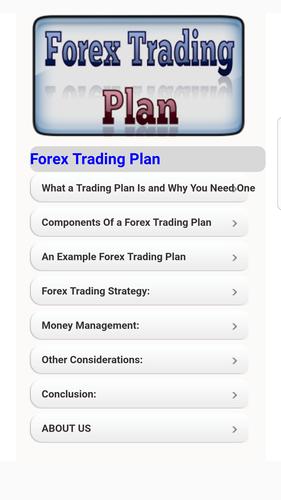
If you are an aspiring investor, you may be interested in finding out whether someone has stocks. This is important information because it can help you make informed decisions about your investment. The best way to do this is by learning about the process of buying and selling stocks, as well as what to expect when doing so.
Stock Ownership Search
Usually, if you purchase stock from a corporation, they will send you a physical document that contains the number and details of the shares you own. These certificates are important documents and you shouldn't lose them.
How to Ensure Your Stocks Are Owned
The easiest way to prove your stock ownership is to go through the paperwork you signed when you purchased the stock and verify that it matches up with what you have in your records. It can be difficult for some people to do this, but it's necessary in order to protect their financial interests.

Check if you can find the same information on their website. If it does, you can use this to establish that you own the stock and have the right to vote on corporate matters.
Find a company to print copies of your certificates. These companies offer templates or blanks which you can use.
How to Find the Transfer Agent for a Stock
The certificate of ownership is essential because it proves that you are the owner of the stock you purchased. This is a useful tool for collecting dividends that you may be entitled to. You should replace your certificate immediately if you lose it.
The transfer agents for stocks are responsible for tracking all of the records and transfers of stockholders, making sure they get their dividends. It is important to choose a transfer agent that is registered with the SEC and has a strong reputation. Ask them also about their experience.

To get an accurate picture of the stockholders in a company, it is important to know their current ownership and who they were historically. This can help you better understand the stock market and the overall health of a company.
BamSec's search function allows you to see a list current holders. The tool also allows you to filter by concentration (top 10), location, type of investors and date range.
The tool provides a similar function called "Shareholder Report." The report gives you a full list of owners as well as their historic holdings, from 1997 until today.
FAQ
What is the difference between stock market and securities market?
The whole set of companies that trade shares on an exchange is called the securities market. This includes stocks, options, futures, and other financial instruments. Stock markets can be divided into two groups: primary or secondary. Stock markets are divided into two categories: primary and secondary. Secondary stock markets are smaller exchanges where investors trade privately. These include OTC Bulletin Board Over-the-Counter, Pink Sheets, Nasdaq SmalCap Market.
Stock markets are important as they allow people to trade shares of businesses and buy or sell them. It is the share price that determines their value. The company will issue new shares to the general population when it goes public. Dividends are paid to investors who buy these shares. Dividends refer to payments made by corporations for shareholders.
Stock markets not only provide a marketplace for buyers and sellers but also act as a tool to promote corporate governance. Shareholders elect boards of directors that oversee management. Managers are expected to follow ethical business practices by boards. If a board fails to perform this function, the government may step in and replace the board.
What is a Mutual Fund?
Mutual funds are pools or money that is invested in securities. Mutual funds provide diversification, so all types of investments can be represented in the pool. This helps reduce risk.
Mutual funds are managed by professional managers who look after the fund's investment decisions. Some funds also allow investors to manage their own portfolios.
Most people choose mutual funds over individual stocks because they are easier to understand and less risky.
What is the purpose of the Securities and Exchange Commission
SEC regulates brokerage-dealers, securities exchanges, investment firms, and any other entities involved with the distribution of securities. It enforces federal securities laws.
Statistics
- Individuals with very limited financial experience are either terrified by horror stories of average investors losing 50% of their portfolio value or are beguiled by "hot tips" that bear the promise of huge rewards but seldom pay off. (investopedia.com)
- "If all of your money's in one stock, you could potentially lose 50% of it overnight," Moore says. (nerdwallet.com)
- The S&P 500 has grown about 10.5% per year since its establishment in the 1920s. (investopedia.com)
- For instance, an individual or entity that owns 100,000 shares of a company with one million outstanding shares would have a 10% ownership stake. (investopedia.com)
External Links
How To
How do I invest in bonds
An investment fund is called a bond. The interest rates are low, but they pay you back at regular intervals. These interest rates can be repaid at regular intervals, which means you will make more money.
There are many different ways to invest your bonds.
-
Directly buying individual bonds.
-
Buy shares in a bond fund
-
Investing through a bank or broker.
-
Investing via a financial institution
-
Investing via a pension plan
-
Directly invest with a stockbroker
-
Investing via a mutual fund
-
Investing through a unit trust.
-
Investing via a life policy
-
Investing through a private equity fund.
-
Investing via an index-linked fund
-
Investing in a hedge-fund.